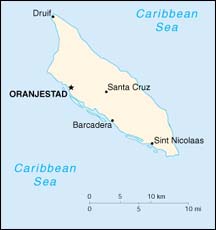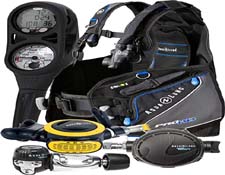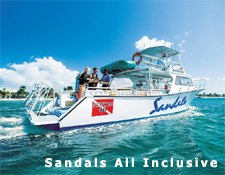

|


|
 |
 |
 |
 |
 |
 |
 |
 |

 Oranjestad - The capital city is
Located on Aruba's picturesque southern coast, Oranjestad is the
historical Dutch capital city where the tall multicolored houses of
Wilheminastraat combine carved wooded doors and traditional Dutch
tiles with airy open galleries and sloping, Aruban-style roofs. Along
the wharf, merchants come to sell fresh fish and produce right off the
boats every morning. All of Aruba’s government buildings and main
offices are located in the capital city,
Oranjestad - The capital city is
Located on Aruba's picturesque southern coast, Oranjestad is the
historical Dutch capital city where the tall multicolored houses of
Wilheminastraat combine carved wooded doors and traditional Dutch
tiles with airy open galleries and sloping, Aruban-style roofs. Along
the wharf, merchants come to sell fresh fish and produce right off the
boats every morning. All of Aruba’s government buildings and main
offices are located in the capital city,














|